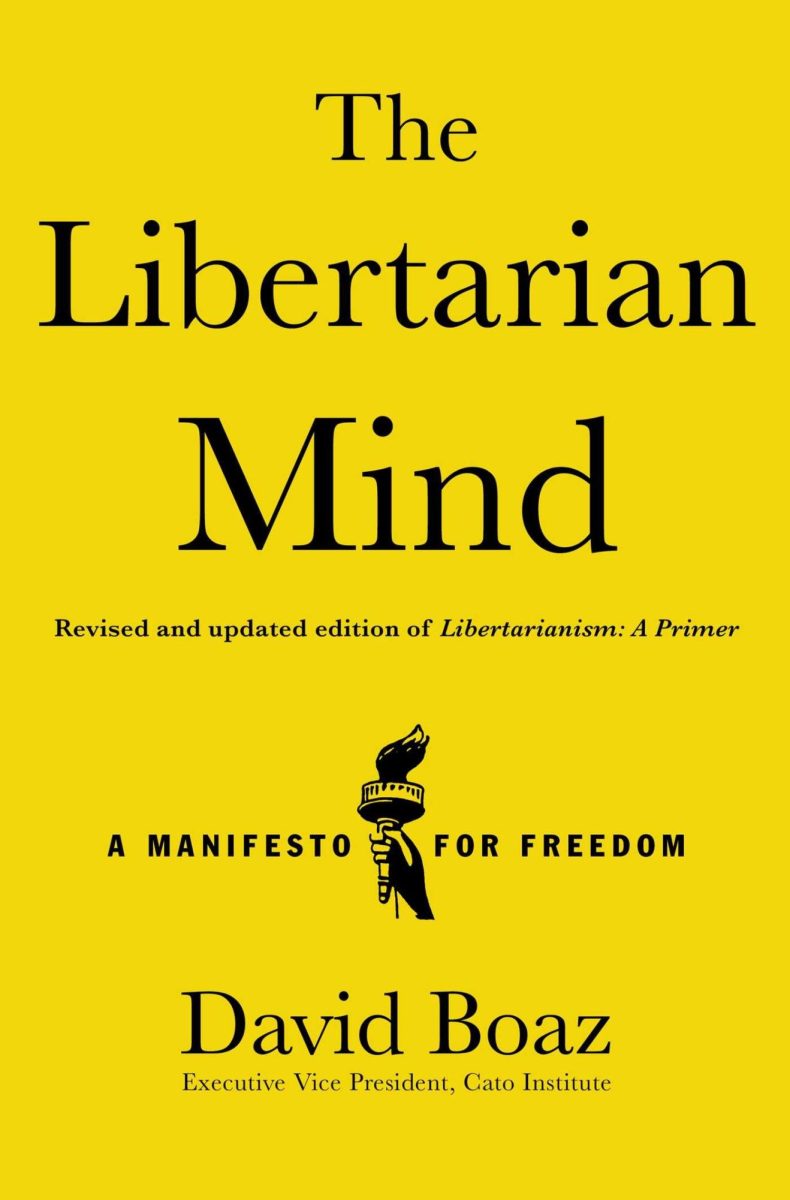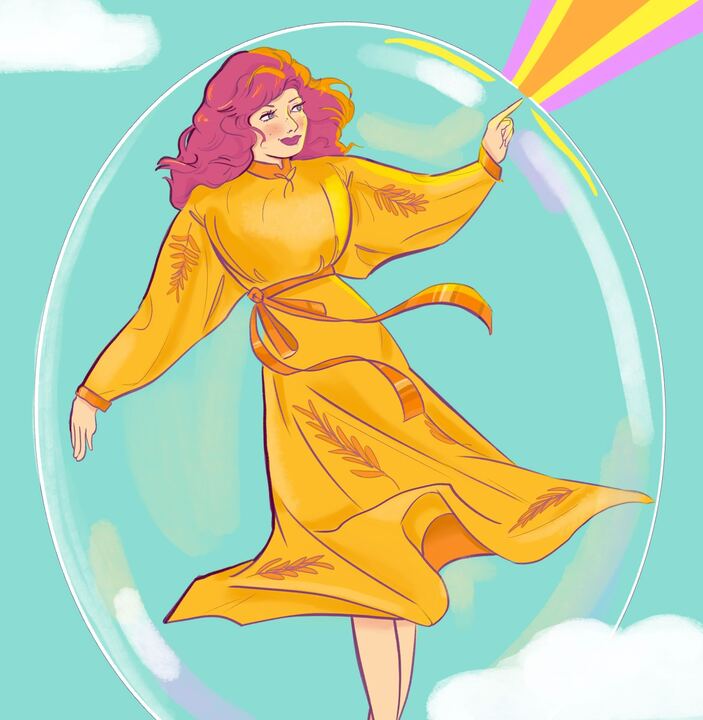An ironic anecdote that some of us may know, usually attributed to Mark Twain, is of some relevance the first week of classes: “”I never let school get in the way of my education.””
Such words at first often induce a smirk on the face of the listener, at the line’s wry wordplay. But if considered in an open-minded way, the catchy saying begins to reveal an intensely clear portrait of young people’s capability of taking control of their lives at this critical time.
This is a time when we are, for the most part, suddenly removed from the cobwebs of institutional authority we’ve known our whole lives — in school, in the family, in church, in status quo social circles. It is a time which recalls the words of Oscar Wilde, “”to give form to every feeling, expression to every thought, reality to every dream.””
Intrigued by this sort of self-education and personal resolve, I thought I’d get comment from Boston University Emeritus Professor Howard Zinn, playwright, author and historian.
Zinn has been an educator for more than five decades, and has helped shape entire social movements and whole new areas of critical studies in academia. Notably he has enhanced the idea of the people, or the “”commons”” as they were referred to 400 or 500 years ago, reclaiming history from the top — from the so-called “”important”” people — of the presidents, of the military heroes, of the elite bankers and owners of society. He constructed the landmark work, “”A People’s History of the United States,”” in the sense of the underdog’s perspective, of ordinary heroes and unheard voices that band together to win the eight-hour workday, secure civil rights and end slavery and child labor.
Zinn recalled his first regular teaching job, fresh out of graduate school, at Spelman College, an elite all-black college for women in Atlanta, Ga. It was there that he soon found himself enmeshed in one of the most explosive social struggles in modern history, that of the new abolitionist movement targeting second-class citizenship and racial apartheid America.
As a teacher, Zinn reflected, “”One of the things that was made clear to me is that the most important teaching that what a teacher does is not really inside the classroom but outside the classroom.””
He said it was the students who taught him, or at least helped him to realize this fact. He noticed that many of his students were getting involved in the movements that were rippling throughout the South at that time, involving everything from illegal sit-ins at “”all white”” lunch counters, to calculated bus boycotts, to organizing creative campaigns at desegregating whole swaths of society. He not only encouraged his students to join these struggles, but participated with them in these activities, taking them with him outside the classroom and into the real world, and making a curriculum of addressing society’s most wretched ills, right at their source.
“”You get a very intense education when you’re involved in a social struggle,”” Zinn recounted. “”You learn about forces that are out there. You learn about the police. You learn about the politicians. You learn about the law. You learn about the courts. You probably will learn about what it is like to be in jail.””
Such kinds of education, Zinn says, are “”incomparable”” because they afford us the opportunity to apply what we learn to our own lives and to the world around us.
UA Associate Professor of Anthropology Linda Green, like Zinn and his students 50 years ago, is such a teacher who, in the classroom, tries to help students use reason, rationality and fact and apply them “”… Out into the larger world to both try to understand the world and become actively involved in changing any injustice that they may see.””
The pertinent idea here is to never let massive walls of books and theories appear to be the end-all and be-all. To get real life experience is the sort of education that makes one a better human being, and creates a more decent society and culture.
— Gabriel Schivone is a junior majoring in art, literature and media studies. He can be reached at letters@wildcat.arizona.edu








